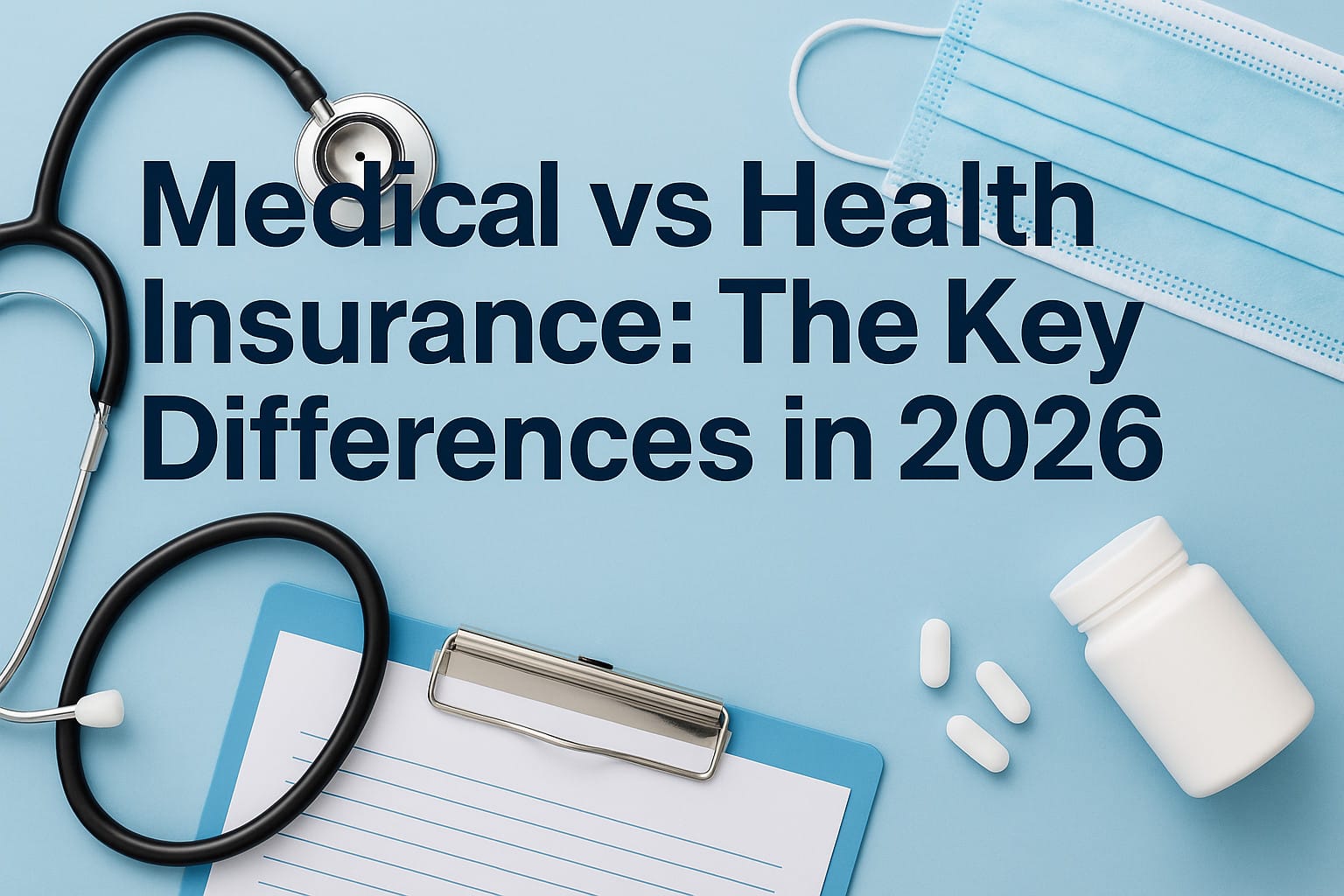Suppose you receive your health insurance renewal notice and are shocked to see the premium has increased significantly. Annoying, right? Many people in the UAE have this problem every year. A big increase in the premium is one of the main reasons people decide to switch their health insurance. Whether you want better coverage, lower costs, or a better plan that suits your needs, changing your insurance can help. This guide will show you the simple steps on how to switch to a health insurance policy in the UAE and help you choose the best option.
Overview:
Switching to a different health insurance policy in the UAE might seem overwhelming, but it can be important for several reasons. You might want to lower your monthly costs, get better coverage, or find a plan that better fits your health needs. This guide will explain how to switch your health insurance smoothly so you stay covered and make the change easily.
Why you might want to switch health insurance policies?
There are a few reasons you might consider switching your health insurance in the UAE:
- Better Coverage: You might need a plan that covers more or has extra benefits.
- Lower Costs: New plans could have cheaper monthly payments or better value.
- Better Service: Switching can help you find health insurance companies with better customer service.
- Changing Needs: A different plan might better fit as your health needs change.
How to switch to a different health insurance policy in the UAE?
1. Check your current policy:
Before you switch, understand what your current plan covers. Look at:
- Coverage: What medical services are included in your policy? Are essential treatments and services that you regularly use covered?
- Costs: Are you satisfied with the premiums and additional charges like co-pays or deductibles? Remember, most health insurance plans in the UAE are paid annually, except International Private Medical Insurance (IPMI), which may offer monthly payment options.
- Doctors and hospitals: Are your preferred doctors, specialists, and hospitals included in the plan’s network?
- Cancellation clause: If you plan to cancel your policy, check the cancellation clause to see if you’re eligible for a refund, especially if the policy is paid annually.
2. Look at new policies:
To switch health insurance, you need to compare new plans. Consider:
- Coverage: Does the new plan meet your needs?
- Cost: How do the premiums and extra costs compare?
- Doctors and hospitals: Are your preferred providers included?
3. Compare your options:
Use InsuranceMarket.ae to compare different plans. Check:
- What’s Covered: What benefits are included and what are not?
- Reviews: What do other people say about these plans?
4. Check portability:
Some plans let you switch without losing coverage. Make sure:
- Portability: Your new plan accepts benefits from your old plan.
- Regulations: The switch follows UAE insurance rules.
5. Talk to insurance providers:
Contact insurance companies to discuss:
- Details: Ask about coverage and costs.
- Switching steps: Learn how to make the switch by asking the insurance providers.
6. Apply for the new policy:
After choosing a new plan:
- Provide details: Give accurate information about your current health status (remember to declare all your health conditions), conditions and plan.
- Submit documents: Send in all required paperwork.
7. Cancel your old policy:
Once your new plan is set:
- Notify your insurer: Inform your insurance company that you wish to cancel your current policy and provide them with proof of your new insurance coverage.
- Get confirmation: Make sure you get written confirmation of the cancellation.
8. Watch the transition:
During the switch, check the following:
- Coverage: Make no gap between your old and new policies.
- Claims: Ensure any claims are handled smoothly under the new plan.
Benefits of switching health insurance policies in the UAE:
Changing your health insurance policy can have several benefits if you’re unhappy with your current plan. Here’s why it might be a good idea:
1. Better Coverage:
- More services: New plans might cover more treatments and services.
- More doctors: You could access a larger network of doctors and hospitals.
2. Lower Costs:
- Cheaper payments: You might find a plan with lower costs, saving you money.
- Lower extra costs: New plans might have lower deductibles or co-pays, so you pay less out of pocket.
3. Improved service:
- Better support: Switching might get you better customer service.
- Faster claims: Some companies handle claims faster, so you get your money back sooner.
4. More tailored options:
- Better fit: Find a plan that better meets your current health needs.
- Extra perks: Some plans offer additional benefits like wellness programs.
Factors to consider before switching:
Here are some important factors to consider before making the switch:
| Factor | Importance |
| Premium costs | Ensure the new policy fits within your budget while maintaining important coverage. |
| Hospital network | Check that the new policy’s network includes your preferred hospitals and clinics. |
| Maternity coverage | If you’re planning a family, consider policies with comprehensive maternity benefits. |
| Waiting periods | Understand if any waiting periods apply for certain treatments or services. |
| Coverage for dependents | Make sure your dependents are covered adequately, especially for families. |
What’s the final takeaway:
So, that was all about how to switch to a different health insurance policy in the UAE. it is easy if you are well-prepared. Check your current plan, think about what you need, and compare other options to find the best one for your health needs. Make sure you don’t have any gaps in coverage when switching plans.
For help, you can visit InsuranceMarket.ae to look at and compare different health insurance plans that fit your needs. Choosing the right plan now will help make sure your health is covered in the future.
Following these steps will make it easy for you to switch your health insurance, giving you better coverage and peace of mind.
Frequently Asked Questions (FAQs):
Q. Can I change my health insurance policy anytime?
You can usually change your policy when it is about to end or during the renewal time. But if you cancel it mid-term, you may have to pay penalties or lose the money you paid for the unused time.
Q. Will changing my insurance affect my ongoing treatments?
There must be no break between your old and new policy to make sure your treatments are not interrupted.
Q. Can I change insurers if I have a pre-existing condition?
Yes, but some policies may only cover pre-existing conditions after a while, or there may be waiting periods. Always check this with your new insurer.
Q. How can I avoid breaks in coverage?
Ensure your new policy starts when your old one ends to avoid gaps. This way, you’ll stay covered in case of emergencies or ongoing treatments.
Q. Can I get a refund on my old policy?
Some insurers may give you a refund for the unused part of your policy if you cancel it early, but this depends on the rules of the policy.







